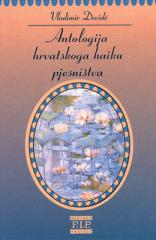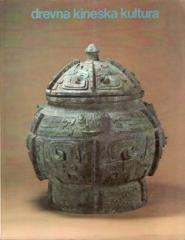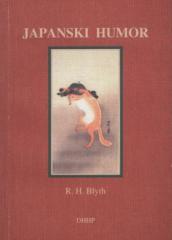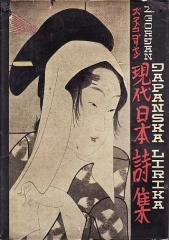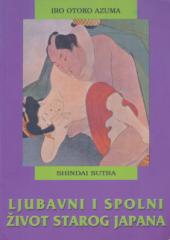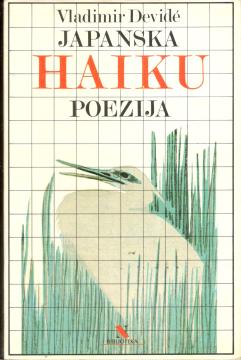
Japanska haiku poezija - i njen kulturnopovijesni okvir
The book by Vladimir Devidé, a Croatian mathematician, Japanologist, and writer, is a classic work that introduces readers to the world of haiku. Devidé explores the history, aesthetics, and spiritual essence of haiku, connecting it to Japanese culture an
Devidé explains haiku as a short poem of 17 syllables (5-7-5), which captures a moment in nature with a deep sense of wonder (wabi-sabi) and transience (mono no aware). He analyzes the works of the classic masters – Bashō, Buson, and Issa – highlighting their ability to express universal truths about life and death through simple images of nature. Bashō’s famous haiku of a frog jumping into a pond exemplifies the minimalist power of haiku.
The book explores the philosophical and spiritual underpinnings of haiku, particularly the influence of Zen, which emphasizes being present in the moment and freedom from ego. Devidé also discusses technical aspects, such as kigo (season) and kireji (interruption words), that give haiku rhythm and depth. He connects haiku with Japanese aesthetics and other arts, such as calligraphy and ink painting.
The work is also notable for Devidé’s translations of haiku into Croatian, which preserve the spirit of the original. The book is accessible yet profound, offering insight into Japanese spirituality and the universality of poetic expression. It has been praised for its erudition and passion, although some have criticized its academic tone. It remains a key source for understanding haiku in the West.
One copy is available
